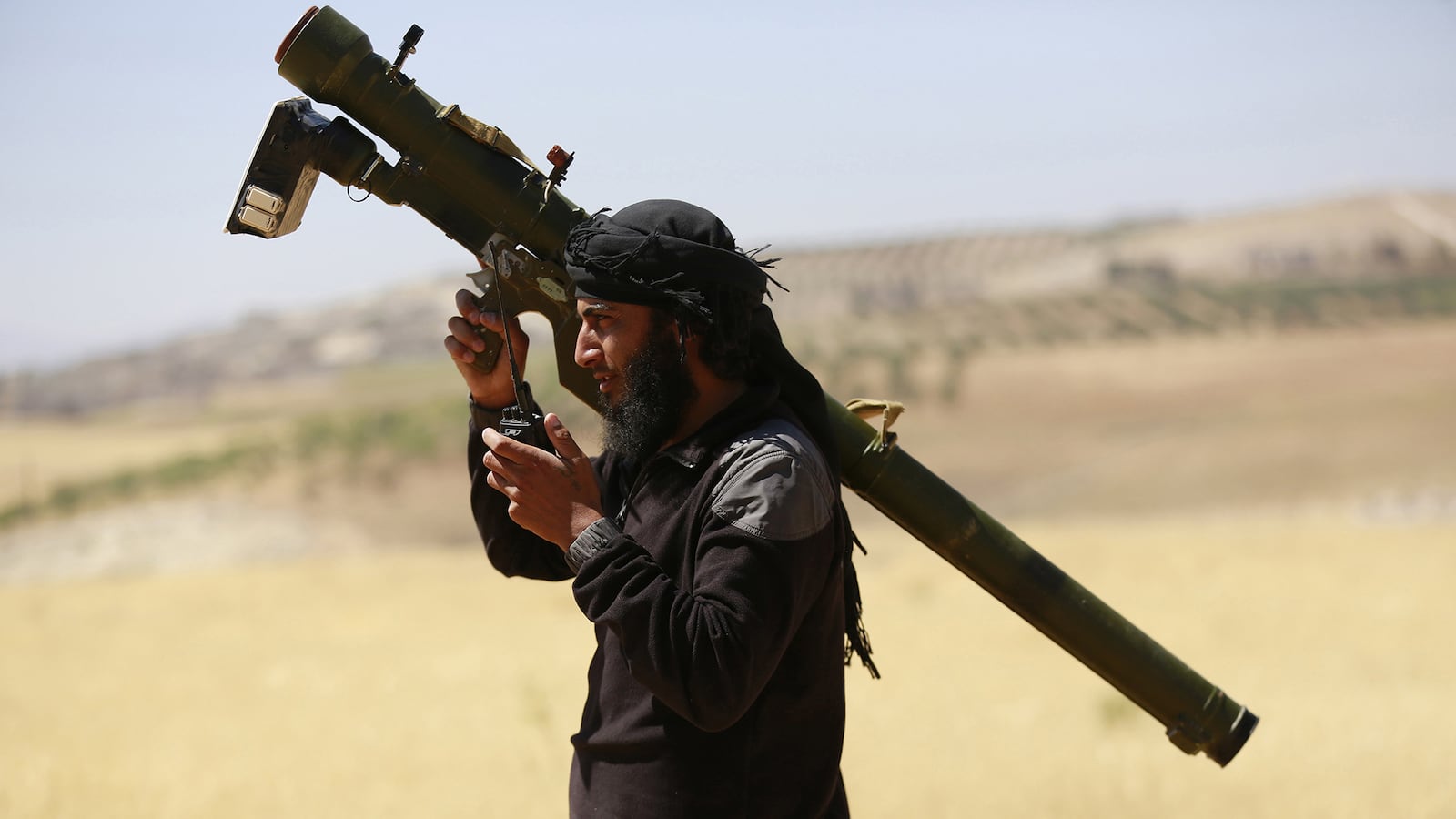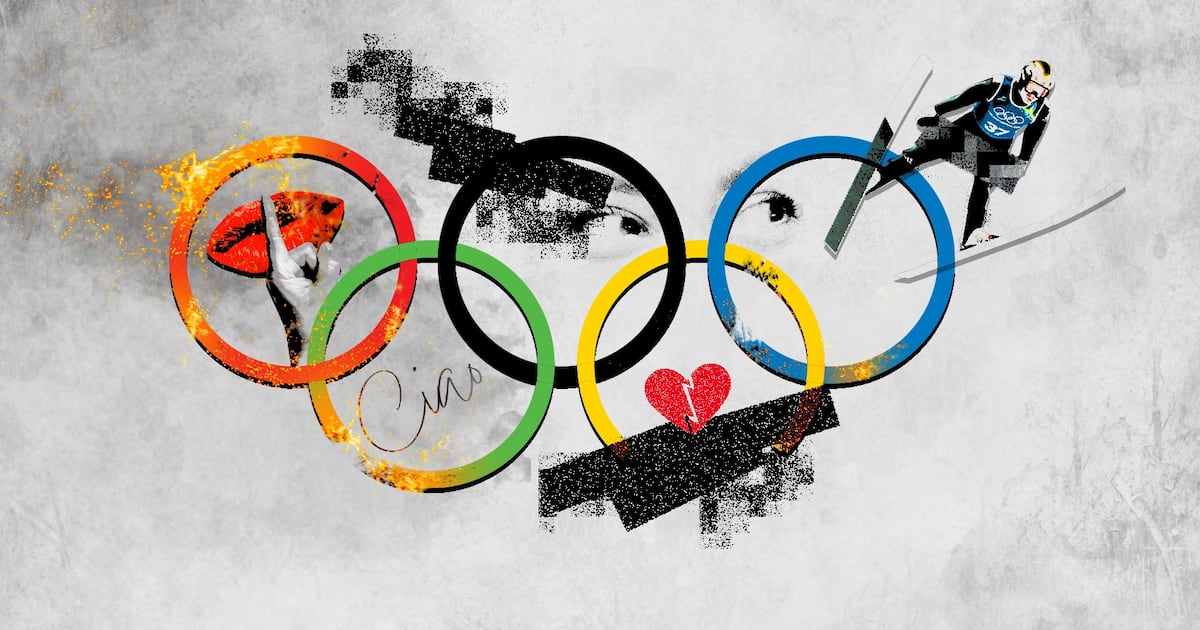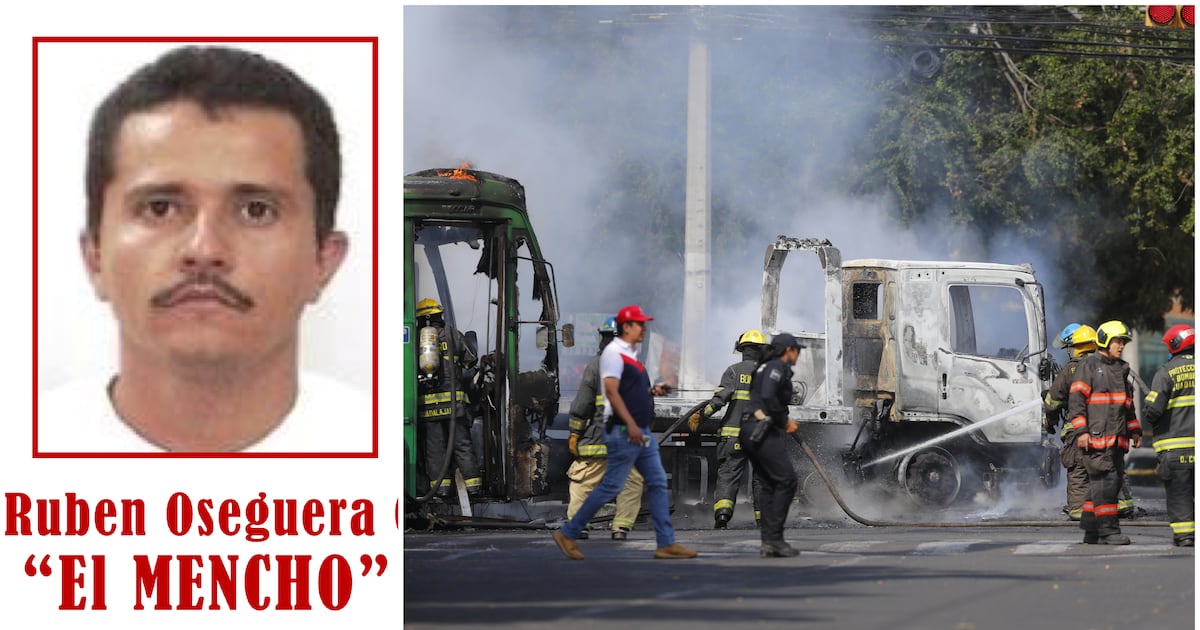The propagandists of the putative Islamic State would have you believe it is just one big happy family, righteously slaughtering apostates, enslaving women (literally), beheading and burning alive its prisoners, all in the name of God. But quarrels over a range of issues—from divvying up of the spoils of war to competition over women and, yes, the handling of foreign hostages—point to a lot of trouble beneath the surface of this terror army.
This is according to political activists in northern Syria, including members of the a group called Raqqa Is Being Slaughtered Silently, which follows developments in ISIS very closely and appear to be well-sourced inside the city of Raqqa, which is the so-called Islamic State’s capital. The group reported on a failed Jordanian attempt to rescue Muadh al Kasasbeh, a downed pilot from the Jordan Air Force, and his subsequent execution, burned alive, weeks before the hideous video of his murder was made public by ISIS.
Commanders in the Aleppo Operations Room, a center coordinating activities of the U.S.-backed Free Syrian Army and other factions, tell The Daily Beast there has also been an increase in defections from ISIS ranks, especially among militants who have been selected for suicide-bomb missions.
On Friday, the Syrian Observatory for Human Rights reported that an ISIS cleric in Aleppo province who dared to criticize the immolation of Kasasbeh has been removed from his post by the “caliphate” leadership and will be put on trial by the group. The Saudi-born imam had said those responsible for the video-recorded murder are the ones who should be put on trial. ISIS has responded to criticism from Quranic scholars the world over, who say the execution was utterly un-Islamic, by posting a line on Twitter insisting it is permissible to burn an infidel to death. (For the record, Kasasbeh was not an infidel at all, but a devout Muslim who prayed before he took off on the mission that ended with his plane crashing, his capture, and his murder. But the caliph and his cronies claim they have the exclusive right to decide who is and is not a Muslim, and what is and is not the will of God.)
Some independent Syrian media reported that the head of the al Hisba police force in Raqqa, responsible for the enforcement of Sharia law, fled after trying to mount a coup. But Slaughtered Silently activists say the departure of Abu Talha al-Kuwaiti, along with nearly a dozen of his supporters, wasn’t the upshot of a takeover bid. They say it arose out of more petty but equally deadly disputes that had led to the execution earlier in the war of his patron, the governor of the Raqqa, who went by the name Abu Ayyub al-Ansari.
The ISIS leadership has issued no statement about any of these reported executions.
Punitive killings, the flight of some senior ISIS commanders, and the execution of more than 60 foreign fighters who wanted to leave in recent days risk provoking more flare-ups, say residents who recently escaped Raqqa.
When arguments spin out of control, they are elevated to the level of treason, and disobedience is automatically seen as rebellion deserving of summary execution, according to some of these activists.
Many militants feel greater loyalty to their sub-groups—whether based on nationality or ideological background. Others have tried to leave ISIS to join the ranks of Jabhat al Nusra, which remains affiliated with al Qaeda but also has proven itself an effective force against Syrian dictator Bashar al Assad.
“ISIS has erected barriers and checkpoints throughout Raqqa, because the defectors have freed some detainees from Jabhat al Nusra group,” says a Raqqa activist who goes by the name Abu Mohammed. “Most of the defectors have fled to Turkey after paying large amounts of money, while the rest went to the areas controlled by the Jabhat al Nusra group.”
The burning alive of Kasasbeh and the slaying of two Japanese hostages last month also prompted sharp divisions over whether the captives should have been swapped for militants imprisoned in Jordan or elsewhere, or whether they should have been slaughtered immediately without any bargaining or prolonged publicity-seeking, according to the Slaughtered Silently activists reporting out of Raqqa.
One of those, who goes by the name Hamood Almossa, says ISIS militants are divided into several competing groups: Some are extreme hardliners originally attracted by the harsh application of Sharia law; others are Syrian militants who now complain that they bore the brunt of the months-long fighting over the border town of Kobani and are reluctant to be used to reinforce ISIS units in neighboring Iraq. Still others are Gulf Arabs jealous of the power held by hardcore Iraqi militants who form the inner coterie of the ISIS leadership around Abu Bakr al-Baghdadi. The Gulf Arabs, many of whom are veterans from the conflicts in Afghanistan and Pakistan, feel excluded from overall decision-making.
North African recruits among the Islamic State’s estimated 20,000 foreign fighters are among the most disgruntled, the Raqqa activists say. They complain they receive less than Gulf Arabs, Europeans, and Chechens who are paid as much as $1,000 a month. They grumble about missing out on many of the spoils of war, including women slaves and jihadi brides. Like local Syrian fighters, North African recruits say they have been used as cannon fodder, especially in the battle for Kobani.
Last week, four Tunisian recruits who joined ISIS months ago were executed in the neighborhood of Rumaila in central Raqqa, say opposition activists. They were described as traitors. Two other Tunisians, possibly along with family members, were executed in the Eddekhar neighborhood of Raqqa.
The quarrels and executions trigger more cycles of revenge as commanders and groups compete and jockey for power and survival. The disputes over the fate of Kasasbeh and the Japanese captives “raised the ire of the [Raqqa] security office, which started to eliminate a number of members who have become skeptical about the application of the law of God,” says Almossa.
The ISIS infighting and internal disputes could be likened to the Reign of Terror stage in the French Revolution, when Maximilien Robespierre sent revolutionaries as well foes to the guillotine.
Activists and Syrian Kurdish commanders in northeast Syria say the failure to capture Kobani has been a key factor in lowering morale, especially among foreign fighters who had never experienced a serious reversal in northern Syria. Kurdish commanders in the once-beleaguered city say they have found mass graves of both Kurds and ISIS fighters in recent days, the most recent containing the bodies of 200 Islamic militants. They claim, too, some Syrian fighters with ISIS defected during the siege and escaped to Turkey.
Mideast scholar Martin Kramer warns “there is a temptation to pick up signs of fragmentation and extrapolate them.” He says: “All Islamist movements have such potential conflicts. Hezbollah, for example, was a coalition of Shiites from two very different regions of Lebanon (Bekaa versus South), but it never split because Iran mediated the differences.”
The question is who within ISIS is mediating differences and whether internal conflict-resolution can contain the terror army’s mix of multiple groups and nationalities.
But activists are hoping that the disputes within ISIS will worsen before the group’s leaders are able to find a remedy and prevent deeper cleavages. Commanders with the Western-backed Free Syrian Army say they assess that the arrest campaigns and assassinations have taken their toll on ISIS but argue it is difficult to gauge how widespread the discontent is and how perilous it is for al-Baghdadi.
“There is a lot of mutual suspicion among the commanders,” says Mohammed, an FSA battle planner in Aleppo. “We tried to exchange some information with an ISIS commander recently and within days he was executed.”






